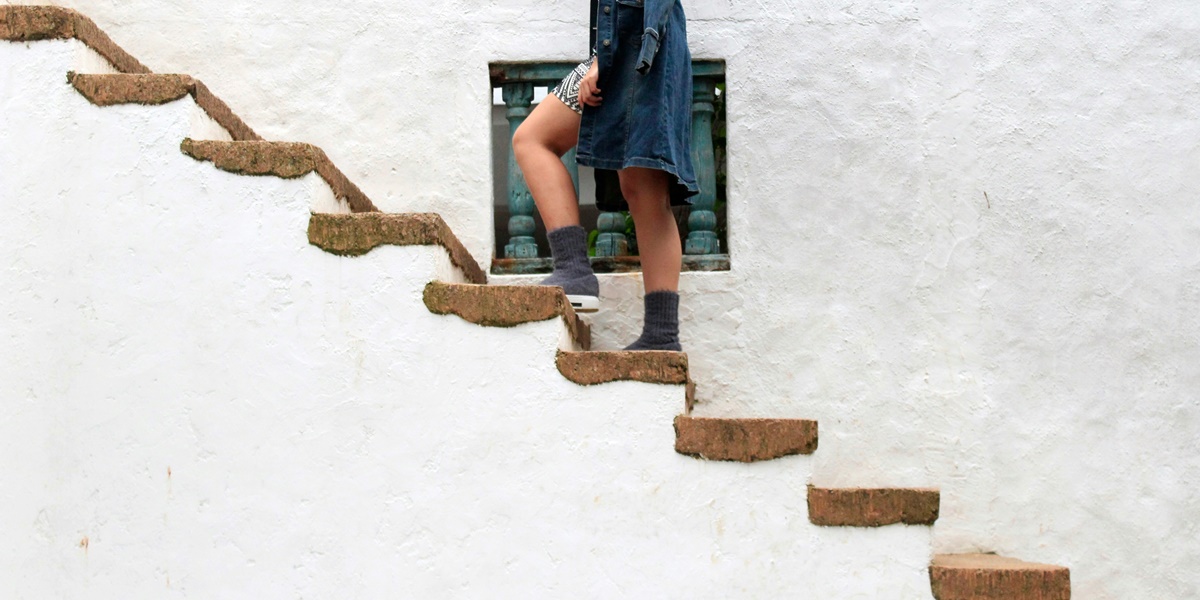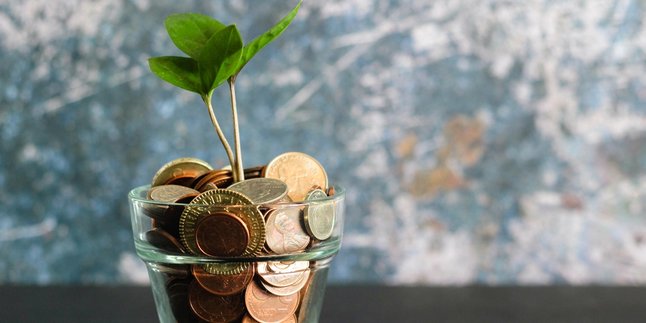Kapanlagi.com - Stairs play an important role in the design of a two-story house. Stairs serve as a connection between the two floors. Safety aspects should also be a primary consideration in designing and constructing stairs. In Javanese Primbon tradition, the construction of stairs cannot be done carelessly. The number of stairs according to Javanese primbon must be given special attention when building a house.
Javanese Primbon provides specific guidelines regarding the number of stairs that should be made. This calculation is not only a practical aspect, but also has mystical value and beliefs related to luck and energy balance in the house. Therefore, the calculation of the number of stairs according to Javanese primbon is not only related to physical safety, but also to the spiritual well-being of the occupants.
So, are you curious about how to determine the ideal and safe number of stairs according to Javanese primbon? To find out, just read the following explanation:
1. How to Calculate the Number of Stairs According to Javanese Primbon

How to Calculate the Number of Stairs According to Javanese Primbon (credit: unsplash)
Calculating the number of stairs according to Javanese calculations can be an interesting thing to learn. In Javanese tradition, there is a special way to calculate the number of stairs that is quite unique and interesting. Moreover, this is done with the main purpose of the safety of the person who steps on or climbs it.
Quoted from the Youtube channel Cemani Kiringan, the process of calculating the number of stairs according to the Javanese primbon has a unique method. This method is done by repeating 4 Javanese words according to the number of stairs. Later, the word that falls on the last count according to the number of stairs, is believed to indicate whether the number of stairs is good or not.
The words used in the method of calculating the number of stairs according to the Javanese primbon are as follows:
"Kethek" - "Menek" - "Jeblok" - "Mati"
Meaning:
- Kethek in Javanese means monkey. It means that if the last count of the stairs falls on "Kethek", then the climber will be given safety until reaching the top of the stairs without obstacles.
- Menek (climbing) means climbing. It means that if the last count of the stairs falls on "Menek", then the climber can reach the top of the stairs even though there may be some obstacles that make it difficult to reach the top smoothly.
- Jeblok means falling.
Meaning, if the last step falls on "Jeblok", then the climber can experience misfortune or bad things like accidents because of slipping and falling.
- Mati means death. Meaning, if the last step falls on "Mati", then the climber can experience bad things like accidents because of slipping and falling. Worse, it could lead to death.
2. Number of Stairs Based on Feng Shui

Number of Stairs According to Feng Shui (credit: unsplash)
The number of stairs is not only discussed in Javanese culture and tradition. According to feng shui or Chinese tradition, the number of stairs is also one of the important factors to consider in house design. As a means of going up and down, stairs will be used by many people. Therefore, it is believed that there is a significant energy flow on the stairs.
According to feng shui, the number of stairs in a house can affect the energy flow and the luck of the occupants. According to feng shui, the right number of stairs can bring luck and strengthen the relationship among the residents. Therefore, it is important for homeowners to pay attention to the number of stairs in their house.
In feng shui, it is believed that the ideal number of stairs should be odd. This is related to the Yin Yang energy that is strongly believed in Chinese culture. An odd number of stairs is believed to symbolize Yang, which represents positive and bright energy, representing fire, sky, sun, and daytime.
3. How to Calculate the Number of Stairs According to Feng Shui

How to Calculate the Number of Stairs According to Feng Shui (credit: unsplash)
Just like determining the number of stairs according to Javanese astrology, Feng Shui also has its own special calculation method. This means that the number of stairs according to Feng Shui is not simply odd in number. According to Feng Shui, the number of stairs that is considered good is if when divided by the number 5, it produces a remainder of 1 or 2 (for example, 11, 12, 16, 17, and so on).
The belief is that a remainder of 1 can represent birth, while a remainder of 2 represents great luck.
On the other hand, a remainder of 3, 4, and 5 is considered to have negative meanings. A remainder of 3 is believed to represent illness, a remainder of 4 represents death, and a remainder of 5 represents a miserable life.
That's a brief explanation of the number of stairs according to Javanese astrology and Feng Shui. Hopefully, it is useful and can broaden your knowledge. The decision to believe or not is entirely up to the reader.
JOIN THE WHATSAPP CHANNEL KAPANLAGI.COM SO YOU DON'T MISS OUT ON UPDATES AND LATEST NEWS ABOUT THE ENTERTAINMENT WORLD IN INDONESIA AND ABROAD. CLICK HERE, KLOVERS!
(kpl/psp)
Disclaimer: This translation from Bahasa Indonesia to English has been generated by Artificial Intelligence.















